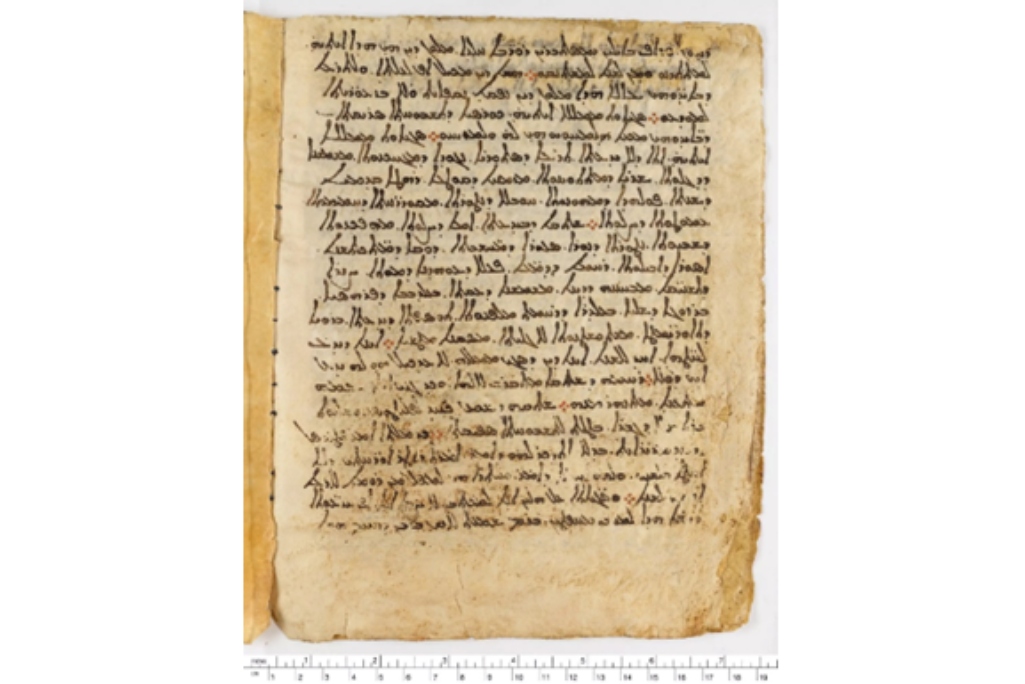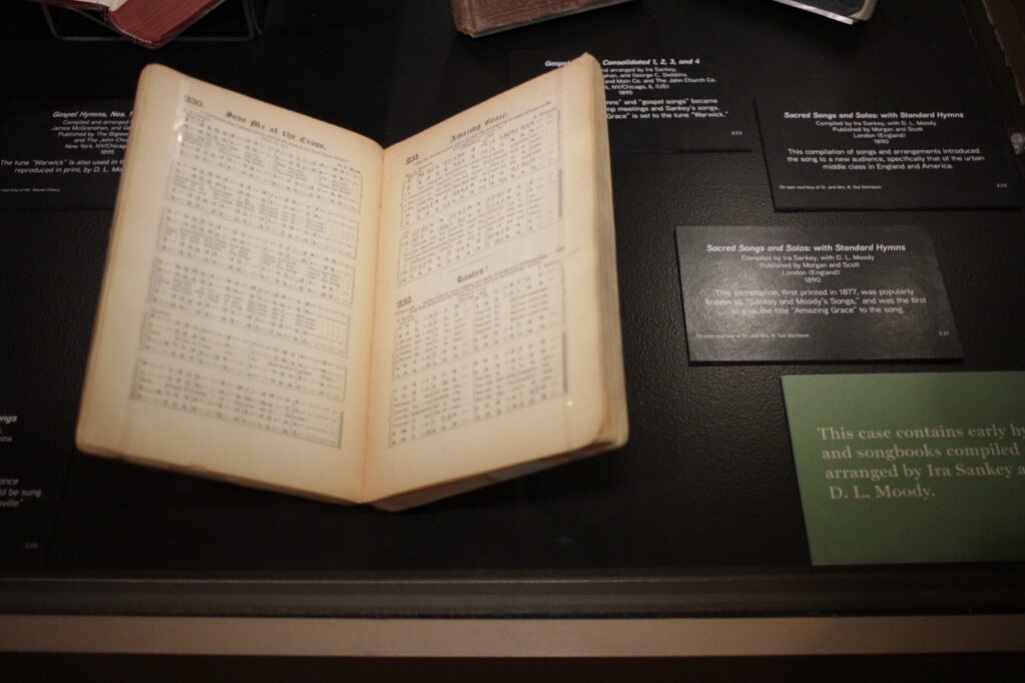
WASHINGTON (BP) — Dead Sea Scroll fragments and hundreds of other artifacts will be on display starting Nov. 22 at the Museum of the Bible’s “Dead Sea Scrolls: The Exhibition,” brought in partnership with the Israel Antiquities Authority.
“The exhibition provides an extraordinary window into the life and faith of ancient Israel, Jewish faith practices and the early Christian church,” said Carlos Campo, CEO of Museum of the Bible. “Visitors will have a once-in-a-lifetime opportunity to explore scroll fragments and historic artifacts that prove the integrity of Scripture over centuries.”
Three rotations of scroll fragments will make their way through the museum, taking place from November to February, February to May and May to September.
The Magdala Stone, discovered in 2009 at a first-century synagogue from the time and place where Jesus ministered in Galilee, will also be in the exhibition. A 1986 drought uncovered the remains of a first-century boat in the Sea of Galilee. Fragments of what has become known as “the Jesus boat” will give attendees insight into how boats mentioned in the New Testament may have looked.
More than 200 artifacts from Israel’s National Treasures of the Israel Antiquities Authority will be on the museum’s fifth floor. Museum of the Bible is the only location on the East Coast where the items can be seen in person, said a press release.
The Dead Sea Scrolls are a collection of nearly 1,000 ancient manuscripts discovered in a series of caves near the Dead Sea in 1947. Many of the scrolls, which date back to the third century B.C., contain text from the Hebrew Bible. Over the decades since the discovery of the scrolls, bad actors have sold forged or fraudulent fragments presented as authentic parts of the scrolls.
The Museum of the Bible acknowledged in 2018 that testing on pieces of papyrus on display as fragments of the Scrolls revealed that they were, in fact, forgeries. Two years later, it announced the exhibit “Dead Sea Scrolls: From Deception to Discovery,” which focused on the museum’s research and testing that ultimately determined none of the 16 pieces were authentic, but also showed a commitment to authenticity.
That same year, 2020, Southwestern Baptist Theological Seminary also announced that it had very little confidence that its Dead Sea Scrolls collection was authentic. The seminary further noted that it was discontinuing its archeology program “as part of campus-wide budgetary reductions” associated with COVID-19’s financial impact.
(EDITOR’S NOTE — Scott Barkley is chief national correspondent for Baptist Press.)


